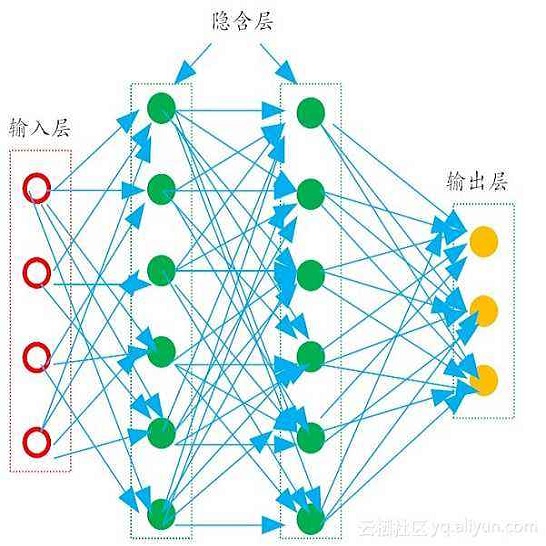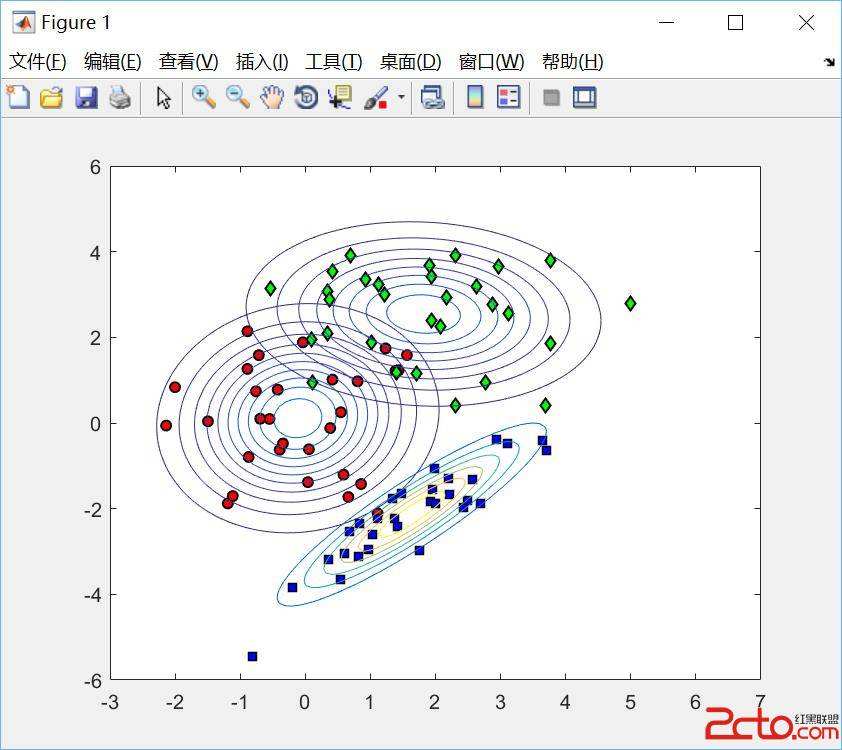In this paper, we discuss the impact of the Covid-19 pandemic on alcohol consumption habit changes among healthcare workers in the United States. We utilize multiple supervised and unsupervised machine learning methods and models such as Decision Trees, Logistic Regression, Naive Bayes classifier, k-Nearest Neighbors, Support Vector Machines, Multilayer perceptron, Random Forests, XGBoost, CatBoost, LightGBM, Synthetic Minority Oversampling, Chi-Squared Test and mutual information method on a mental health survey data obtained from the University of Michigan Inter-University Consortium for Political and Social Research to find out relationships between COVID-19 related negative effects and alcohol consumption habit changes among healthcare workers. Our findings suggest that COVID-19-related school closures, COVID-19-related work schedule changes and COVID-related news exposure may lead to an increase in alcohol use among healthcare workers in the United States.
翻译:在本文中,我们讨论了Covid-19大流行对美国保健工作者酗酒习惯变化的影响,我们利用多种受监管和不受监督的机器学习方法和模型,如决策树、后勤倒退、Naive Bayes分类、k-Nearest邻居、支持矢量机、多层感应器、随机森林、XGBoost、CatBoost、LightGBM、合成少数群体抽样调查、Chi-Squared测试以及从密歇根大学政治和社会研究大学联合会获得的关于心理健康调查数据的相互信息方法,以找出保健工作者之间与COVID-19相关的负面效应和酒精消费习惯变化之间的关系,我们的调查结果表明,与COVID-19有关的学校关闭、COVID-19相关的工作时间表变化和与COVID相关的新闻暴露可能导致美国保健工作者中酗酒人数的增加。




